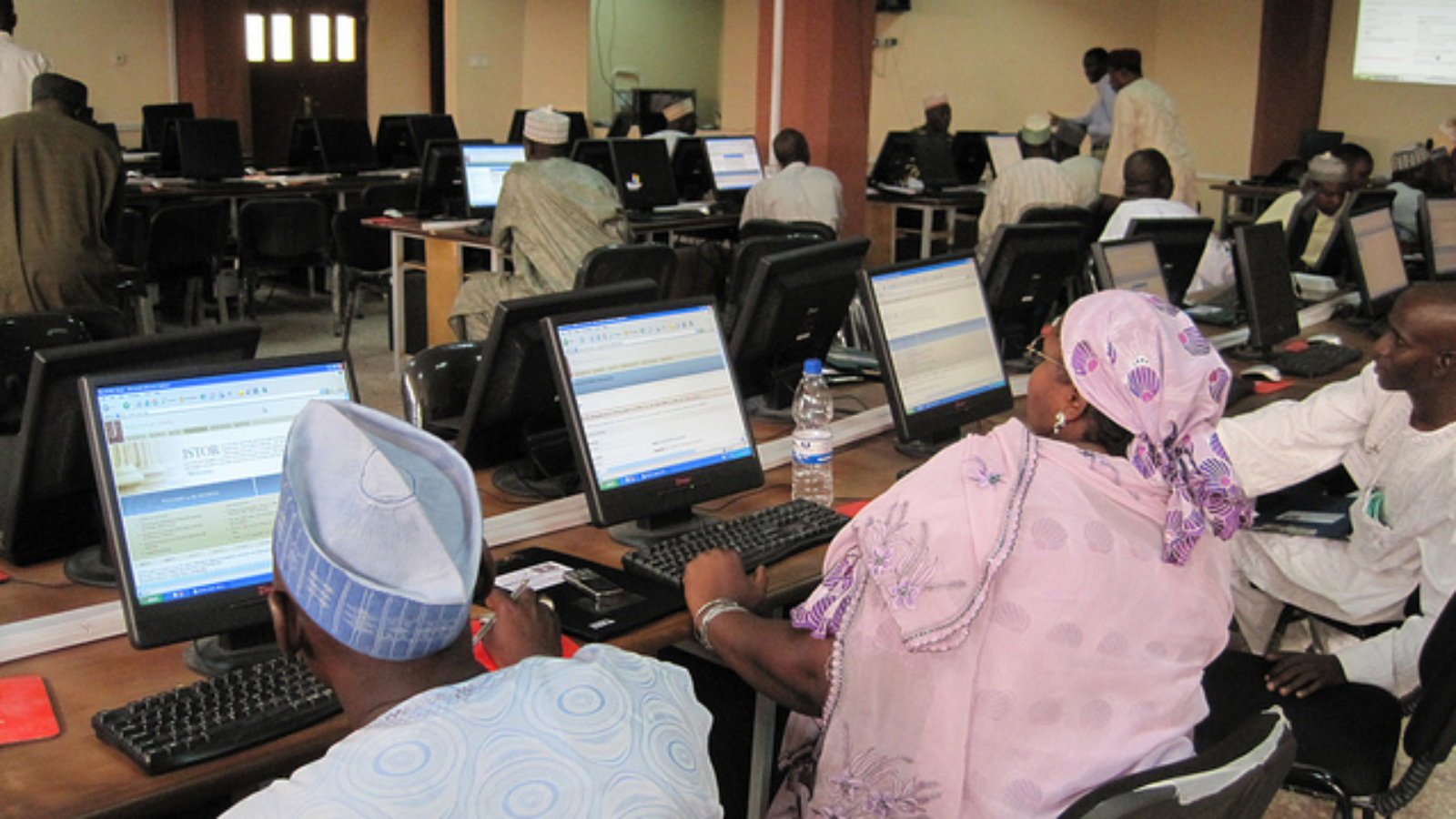By Amini Kajunju
As home to seven of the world’s 10 fastest growing economies, the African continent has experienced tremendous socio-economic progress over the years. More African youth are in school than ever before. Africa’s middle class has grown into 300-million strong. Innovation and entrepreneurial hubs are sprouting up in major African metropolitan cities, bolstering a country’s global market competitiveness, creating employment and increasing productivity. Investing in human capital and education systems are key drivers of economic growth. An educated population is essential for rapidly growing African economies to sustain growth and to keep development progress on an upwards trajectory.
While the continent is brimming with talent and innovation, the fact remains that Africa is facing a severe shortage of highly-skilled talent. Young people in Africa make up nearly 40 percent of the working-age population, yet 60 percent are unemployed. The World Bank reports that it will take on average five years for a university graduate to obtain a job in Africa. Building a skilled workforce to fill top managerial, vocational, and technical positions is necessary to meet local and global market demands for highly skilled and educated workers and give the continent a competitive edge in the global economy.
Today, only 6 percent of young people in sub-Saharan Africa are enrolled in higher education institutions compared to the global average of 26 percent. Investments in higher education must be a high priority in accelerating development on the continent. The promising news is that universities in many African countries are experiencing a surge in their enrollment. On the flip side, high enrollment numbers do not always translate into a quality education and greater employment opportunities.
Unable to keep up with the rising enrollment, most universities have been slow in recruiting sufficient academic staff at their institution. In sub-Saharan Africa, statistics show that on average there are 50 percent more students per professor compared to the global average. African educational systems need to provide the right education and training for jobs in African workforce. A severe mismatch exists between the skills of young African workers and the skills that employers need for today’s job market.
The report, Mapping Gaps and Opportunities in African Youth Unemployment and Education by Aurelien Chu, noted that African universities are not producing nearly enough graduates with practical and entrepreneurial skills for the workforce. Soft skills such as critical thinking, decision-making, problem solving, team-building and job readiness are also needed to set students up for rewarding careers. African universities have traditionally designed their curriculums around preparing graduates to enter employment in the formal economy, particularly as civil servants and academics. However, a majority of jobs in African economies remain largely informal.
Top employers operating in Africa are increasingly seeking qualified candidates for jobs in science, technology, and health. Local engineers, for example, are in demand to meet the ever-growing need for building roads and bridges as well as operating and maintaining technical equipment. The African Development Bank estimates that only one in four students in African universities are studying in the STEM areas of science, technology, engineering and mathematics. To immediately fill the talent gap, Africans in the Diaspora, who yearn to return to their home country, can be mobilized to contribute their skills to jobs in science, technology, and health sectors. Armed with local knowledge and a highly-skilled education and training from the U.S. and other industrialized countries, Diasporans can bring new technologies, knowledge and skills to strengthen their home country’s workforce.
For more than six decades, The Africa-America Institute, the organization that I lead, the organization that I lead—in partnership with U.S. universities—has administered higher education programs and professional and leadership trainings in the U.S. and Africa, benefiting more than 23,000 Africans. Our alumni are Heads of State, a Nobel laureate, and are among today’s leaders and managers in government, nonprofit organizations and the private sector.
The continent will not realize its potential until African professionals gain skills necessary to compete and win in a global economy. All stakeholders must be engaged in expanding the number of students enrolled in Africa’s institutions of higher learning and providing a quality education that equips them with the skills for today’s job market.
That is why AAI is collaborating with local institutional partners across Africa to launch the Future Leaders Legacy Fund. The Legacy Fund will provide academically motivated and under-resourced students with scholarships to study in high-performing African universities and technical colleges to earn bachelors degrees, as well as vocational and technical training certifications. The Fund will also ensure that African universities benefit by receiving increased resources to retain and educate students.
We’re also inviting educators and innovators from Africa and worldwide to join with us this September 2 in Lagos, Nigeria for the 2nd Annual State of Education in Africa conference, to highlight bold approaches to improving the quality of education at all levels. The education conference will explore thematic, nation-wide, and sector-based approaches and put forth bold solutions to strengthening the capacity of Africans and educational institutions. Our first-ever PitchFest competition will encourage innovators to offer cutting-edge ideas, tools, information and technologies that can help bring about a better educational system in Africa. All ideas and strategies must be heard and considered to transform the African educational system.
*****
*****
Amini Kajunju is the President and CEO of The Africa-America Institute, a a premier U.S.-based international organization dedicated to strengthening human capacity of Africans and promoting the continent’s development through higher education and skills training, convening activities, program implementation and management.
[Photo courtesy of Michael Sean Gallagher]
